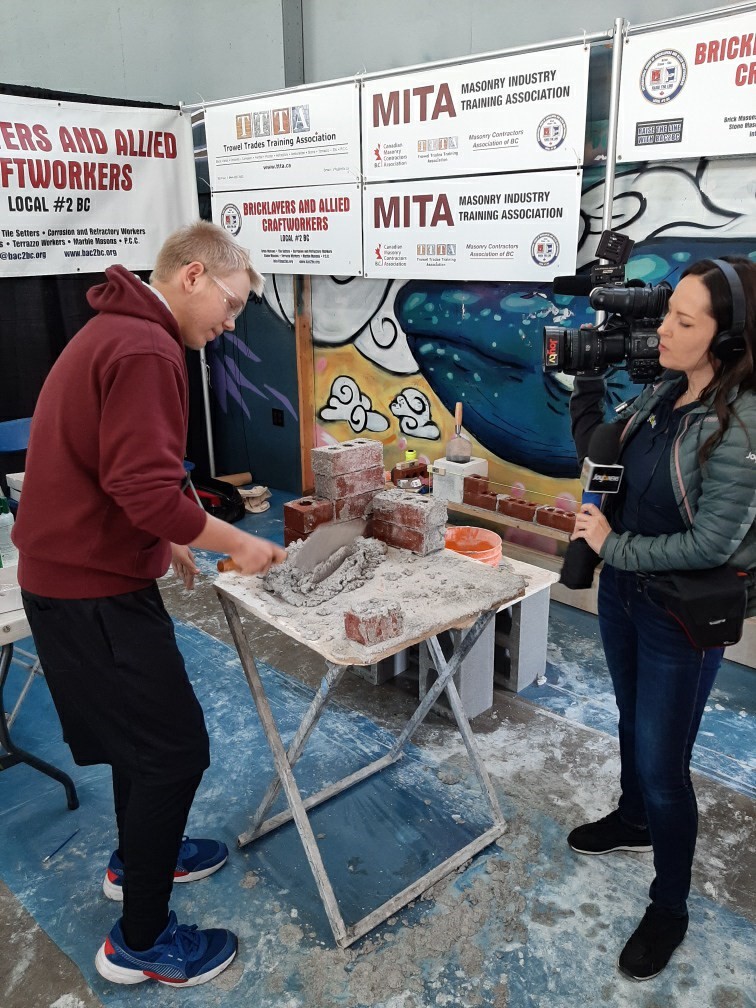FOR IMMEDIATE RELEASE
May 19, 2020
Building Trades Council calls for public inquiry into construction site sanitation
Pandemic has exposed a “culture of non-compliance”
The BC Building Trades Council is calling for a public inquiry into health and safety in the construction sector.
The inquiry is one of the council’s recommendations to the Premier’s Economic Recovery Task Force, which brings together leaders from labour, business, First Nations and the non-profit sector to inform the province’s economic response to the COVID-19 pandemic.
“The pandemic has exposed a culture of non-compliance in certain segments of our industry,” said Andrew Mercier, BCBT executive director. “Construction site sanitation only improved after WorkSafeBC launched an aggressive inspection initiative in response to the concerns we raised.”
Mercier warns that without continued enforcement, sanitation practices will return to their poor pre-pandemic state.
“The legacy of COVID-19 should be safe and healthy construction sites where sanitation and hygiene practices abide WorkSafeBC’s occupational health and safety regulations, and the orders of the public health officer,” said Mercier. “Construction sites that fail to do so should not be tolerated.”
BCBT, which represents 35,000 unionized construction workers, has been advocating on behalf of construction workers from across the sector (members and non-members) on site sanitation since the start of the pandemic. Workers called and emailed the Building Trades to report inadequate washroom facilities, a lack of running water, no soap or hand sanitizer, workers sharing tools and working too close to each other, and workers coming to their sites visibly sick.
“We have had no hand sanitizer, no provisions for hand-washing, and no safety talks about hygiene and the pandemic,” wrote one worker. “People are sneezing and coughing and obviously sick and are not being asked to go home.”
Another worker reported the only hand-washing station on a site with over 50 people being a hand-crank garden hose attached to a piece of wood offering only cold water.
WorkSafeBC introduced a new “inspectional initiative” to address sanitation on construction sites, which was a positive first step, said Mercier. While acknowledging those contractors who prioritize worker health and safety and ensured their sites were compliant with regulations and public health orders, Mercier says industry regulators must remain vigilant to prevent a backslide.
“We must do everything we can to ensure people are working safely,” said Mercier. “The construction sector is essential to our economic recovery – ensuring construction workers are safe and healthy isn’t optional.”
-30-
